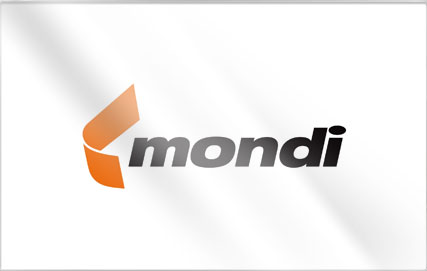Strategies for Effective Self-Reflection and Self-Assessment

Self-reflection and self-assessment are powerful tools for personal growth and development. They allow individuals to gain a deeper understanding of themselves, their actions, and their goals. By taking the time to reflect and assess, individuals can identify strengths, weaknesses, and areas for improvement, leading to positive changes in their personal and professional lives. However, self-reflection and self-assessment can be challenging without a structured approach. In this article, we will explore strategies for effective self-reflection and self-assessment to help individuals maximize their personal growth journey.
- Set aside dedicated time: Self-reflection and self-assessment require focused attention. Set aside specific time in your schedule where you can engage in this process without distractions. It could be a few minutes each day or a longer period once a week. Consistency is key, so make it a habit to prioritize this time for yourself.
- Create a reflective environment: Find a peaceful and comfortable space where you can think and reflect without interruptions. This could be a quiet room in your house, a local park, or any place where you feel calm and at ease. Eliminate distractions such as electronic devices or notifications that could disrupt your thinking process.
- Ask probing questions: To delve deeper into your thoughts and experiences, ask yourself open-ended questions. Examples include: What have I accomplished recently? What are my strengths and weaknesses? How did I handle a particular situation, and what could I have done differently? By asking these questions, you encourage yourself to think critically and gain insights into your actions and behaviors.
- Keep a journal: Writing down your reflections and assessments can be highly effective. Start a journal dedicated to your self-reflection journey. Regularly record your thoughts, insights, and lessons learned. This practice allows you to review your progress over time, identify patterns, and observe your growth.
- Seek feedback: Self-assessment doesn’t have to be done in isolation. Seek feedback from trusted friends, family members, or mentors. They can provide an external perspective and offer insights you may have overlooked. Be open to constructive criticism and use it as an opportunity for growth.
- Focus on strengths and achievements: While it’s essential to identify areas for improvement, don’t forget to celebrate your strengths and achievements. Acknowledging your successes boosts confidence and motivation. Reflect on what you have done well and how you can leverage those strengths in other areas of your life.
- Set realistic goals: Self-assessment can help you identify areas where you want to grow or make changes. Use this information to set realistic and measurable goals. Break them down into smaller, actionable steps to ensure progress. Regularly revisit and assess your goals to track your development.
- Embrace vulnerability and honesty: Self-reflection and self-assessment require an honest examination of oneself. Be willing to confront uncomfortable truths, acknowledge mistakes, and take responsibility for your actions. Embrace vulnerability and treat this process as an opportunity for personal growth.
- Learn from past experiences: Self-reflection is a chance to learn from your past experiences. Look back at your achievements and setbacks, and identify the lessons learned from each. What worked well? What didn’t? Use these insights to make informed decisions and avoid repeating the same mistakes.
- Practice self-compassion: Remember to be kind to yourself throughout the self-reflection and self-assessment process. Embrace self-compassion by acknowledging that personal growth is a journey, and it’s okay to make mistakes. Treat yourself with understanding and patience, celebrating progress rather than dwelling on perceived failures.
In conclusion, self-reflection and self-assessment are valuable practices for personal growth. By implementing these strategies, individuals can gain a deeper understanding of themselves, identify areas for improvement, and set goals for positive change. Make self-reflection and self-assessment a regular part of your life, and watch as you embark on a transformative journey of personal and professional development.

